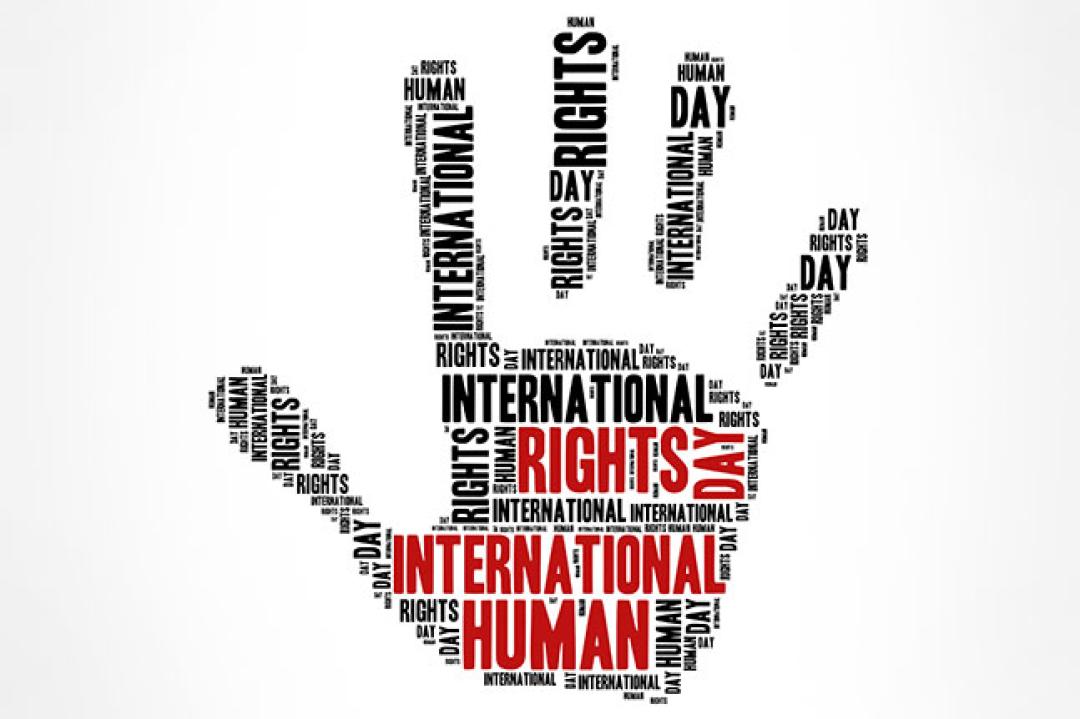
EU and UNDP assess Georgia’s development in the field of Human Rights

On 18 October, the report on Georgia’s National Human Rights Strategy for 2014-2020 prepared by independent human rights expert Maggie Nicholson and commissioned by th EU-UN was published. The report points at “big achievements in legislative and policy reform and provides recommendations on better practical implementation, especially in the areas of judicial independence, media pluralism, transparent and democratic law-making and non-discrimination,” as stated by the UNDP Press Office in Georgia.
The report focuses on the goals and achievements of Georgia’s Human Rights Strategy adopted in 2014. The Strategy focused on achieving three goals in particular, namely: 1) the coherence of the legislative/institutional frameworks with the development strategy; 2) the conduction of wide-spread public awareness-raising campaigns on human rights and the means by which to realize these rights in practice; and 3) regular rendering of the positive and negative duties owed by all government representatives and public organs with respect to human rights. The predominant aim of the strategy was to develop a systematic approach to the realization of human rights for all Georgian citizens, and the timely moves to ensure these rights by state authorities. In order to achieve this, reforms in 21 fields were identified.
In the assessment, the EU-UN report stated that:
“Substantial strides have been made in this respect, most notably in significant amendments to the Constitution, and new laws with regard to antidiscrimination, juvenile justice, occupational safety, child rights, and the protection of migrants and asylum seekers. In the next period, emphasis needs to be increasingly placed on monitoring the sustained implementation in practice of these laws and policies and assessing their impact on the protection and enjoyment of human rights. While the role of the Public Defender is central in this process, Parliament has a critically important responsibility for oversight, both in general and in specific instances.”
The following areas were highlighted for further attention by the report: 1) in regard to resolving prison overcrowding in Georgia; concerns remain in the field of health care, in particular psychiatric needs and drug abuse, as well as 6 rehabilitation among higher risk categories of prisoners; disquiet has risen as regards the pervasive control of “watchers” in many institutions; 2) the revised Code of Administrative Offences, which was drafted five years ago, has still not been presented in Parliament; 3) there must be concrete evidence that judicial appointments will be made fairly, based on objective criteria, and that any interference with the independence of individual judges; 4) to see the revised Strategy and Action Plan of the Prosecutor’s Office in light of the substantial changes that have taken place pursuant to the constitutional reforms; 5) there is a need for continuing enhancement of the professional qualifications of all involved in the justice system; and 6) consideration should be given in future Plans to human rights protection responsibilities among agents of the State Security Service and Ministry of Finance.
Amongst other areas of concern: 1) the right to privacy remains a critical issue in the country; 2) the Georgian law with regard to freedom of assembly, and in particular demonstrations, still needs to be harmonized with international standards; 3) in respect of gender equality, stronger mechanisms need to be introduced to promote greater involvement of women in political life at national and local level; and 4) the distressing situation of eco-migrants.
The report praised the achievements in all other fields. “Although Georgia has made praiseworthy progress in almost all areas covered by the current strategy, much human rights business remains unfinished,” said Louisa Vinton, the head of the UNDP mission in Georgia.
See Also


Mirzoyan Meets US Deputy Assistant Secretary Joshua Huck

Azerbaijani President Holds Talks with UAE and German Business Delegations on Economic Cooperation

Grigoryan Confirms Armenia’s Readiness to Dissolve OSCE Minsk Group Upon Peace Treaty Signing

Azerbaijani Official Warns of Ecological Risks to Caspian Sea, Similar to Lake Urmia and Aral Sea

